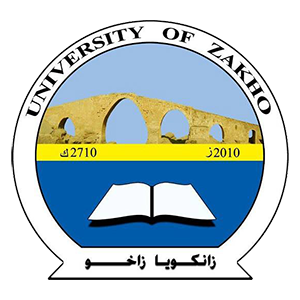I know that “learning is not a mirror of teaching”. The current Linguistics course is very significant to be given to the students. During my teaching, as a teacher, I tried and did my best to develop and improve the teaching and learning processes.
In the last years, I used to follow a traditional routine of teaching process: methods and activities. However, today my teaching methodologies are totally different. Accordingly, there should be a process of creating and modeling new activities and strategies through various types of skills according to both the teaching and learning needs. In order to fulfill a professional development, new modern theories and strategies for teaching and learning (principles and knowledge) should be undertaken.
Now, as a teacher I can use how to set up a program for my students: developing a syllabus, choosing and adapting materials, doing diagnostic tests (especially quizzes) and daily lesson plans, etc. Also, I can manage a course, that is, understanding about most of learning strategies, I will be able to use how to deal with text evaluation, student behavior, learning styles, assessments and grading. Not familiar with oral activities before, I can now use almost all classroom activities such as communication activities, pronunciation, jazz chants, games, drills, media, and the like.
As learners, the students got benefits from all the above mentioned aspects: setting up and managing a program, dealing well with most activities and skills.
Topics are presented by the teacher, and they are explained, assigned and completed by students both during lesson periods and outside of class. The students are usually divided into groups of four-five people during every lesson. That is, group discussions are achieved. Doing classroom activities, in groups, help the students cooperate in their learning. Quizzes are given according to the accomplishment of topics within lessons. A quiz is done for each topic. Also, the students’ work is evaluated according to monthly and final exams.
As a result of having this course (i.e. linguistics course), the students will be able to learn how to define linguistics with its different concepts and topics. The current coursebook covers many linguistic topics: an introduction to language, phonetics, phonology, morphology, syntax, semantics, pragmatics, sociolinguistics, discourse analysis and language acquisition. In the very beginning, definitions of language, origins of language, differences between human language and animal communication, and functions of language are all dealt with. In phonetics and phonology, speech sounds are described, giving charts of consonants and vowels. Also, there will be a good chance for having a good knowledge about phonemes, allophones, minimal pairs and sets, the syllable, clusters, stress, weak forms, co-articulation effects such as assimilation, linking and elision. Within morphology, definitions of words, morphemes, allomorphs, and word formation processes are studied. In syntax, light is shed on parts of speech, classification of words, and constituent analysis. Within semantics, the students will know about meaning, its types and theories, lexical fields, sense relations, idioms and collocations. In pragmatics, topics like context, its types, invisible vs. visible meaning, deixis, reference, presuppositions, speech acts, rules of conversation are tackled. According to sociolinguistics, speech community, social dialects, social markers, style (formal and informal), standard vs. vernacular languages, gendered language are taken into consideration. Within discourse analysis, concepts including cohesion, coherence, and conversation analysis are studied. In language acquisition, important approaches to language acquisition as well as the stages of language acquisition in children are dealt with. Finally, it is very significant to say that there is no doubt that I will move from being a what-to-teach teacher to a how-to-teach one.












